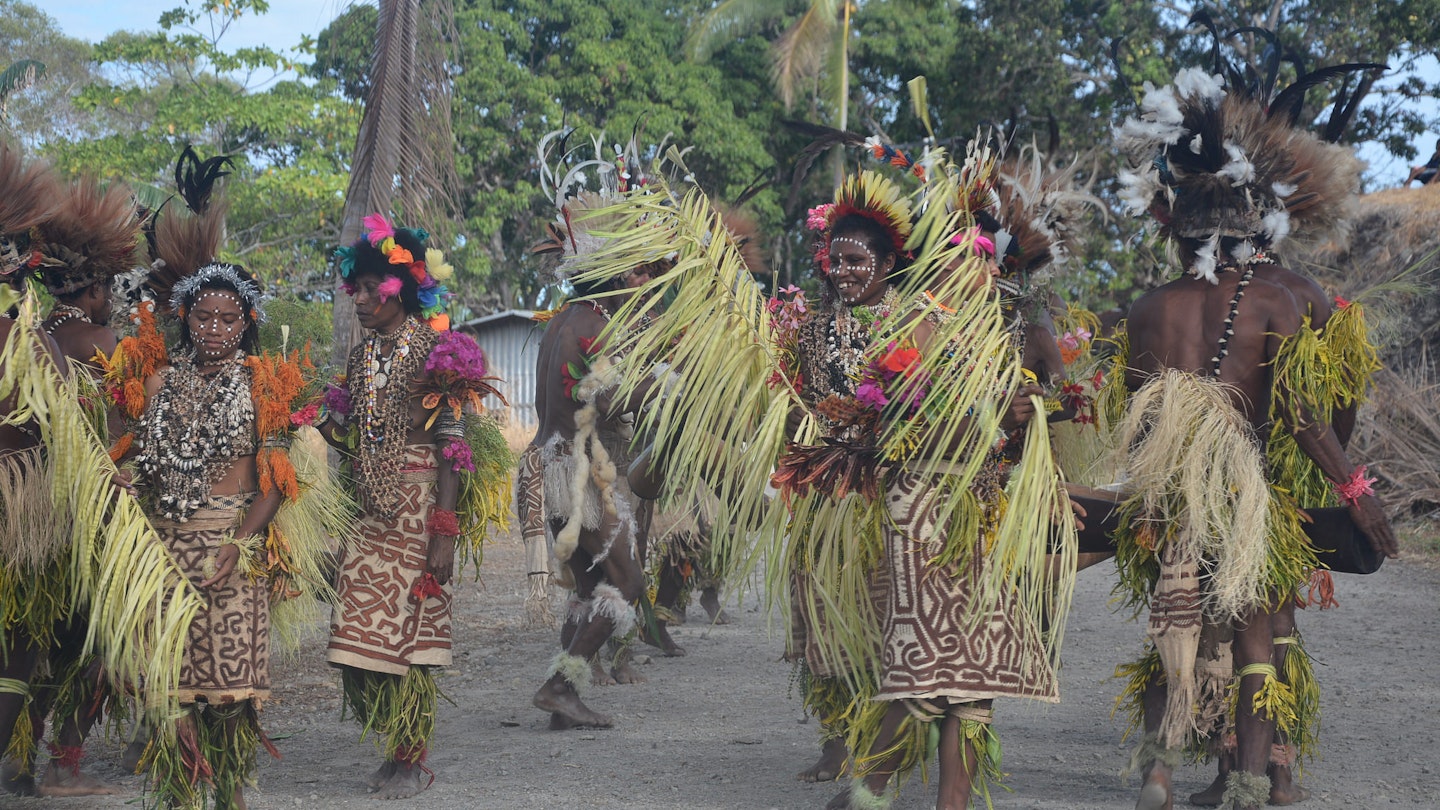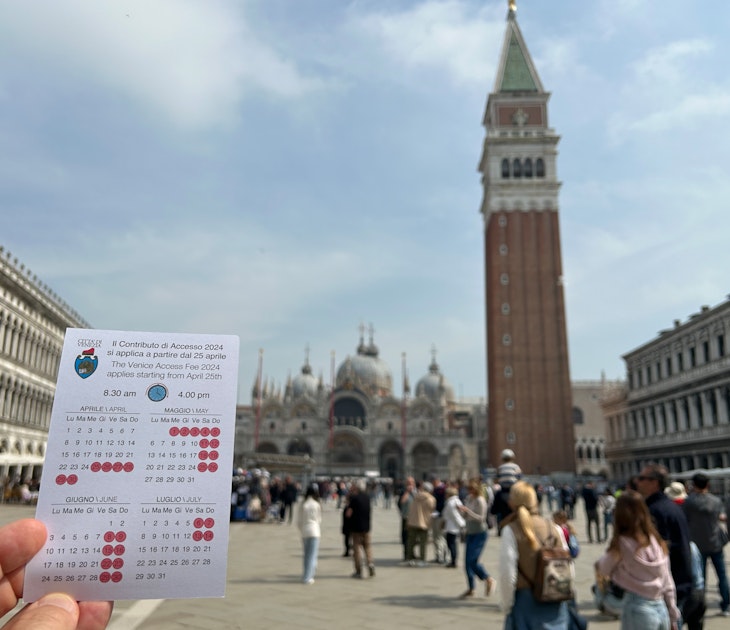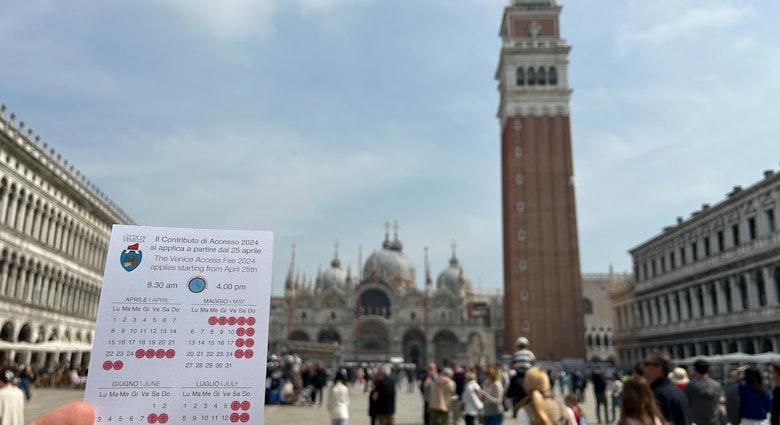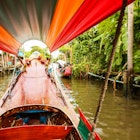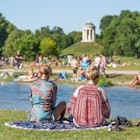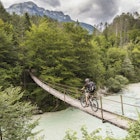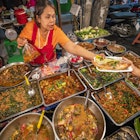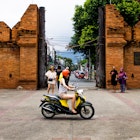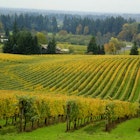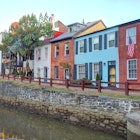Papua New Guinea is one of those places on a lot of people’s wishlists, but many are put off by a lack of good information. Here's how to make that dream trip happen, without breaking the bank or getting lost in the wilds.
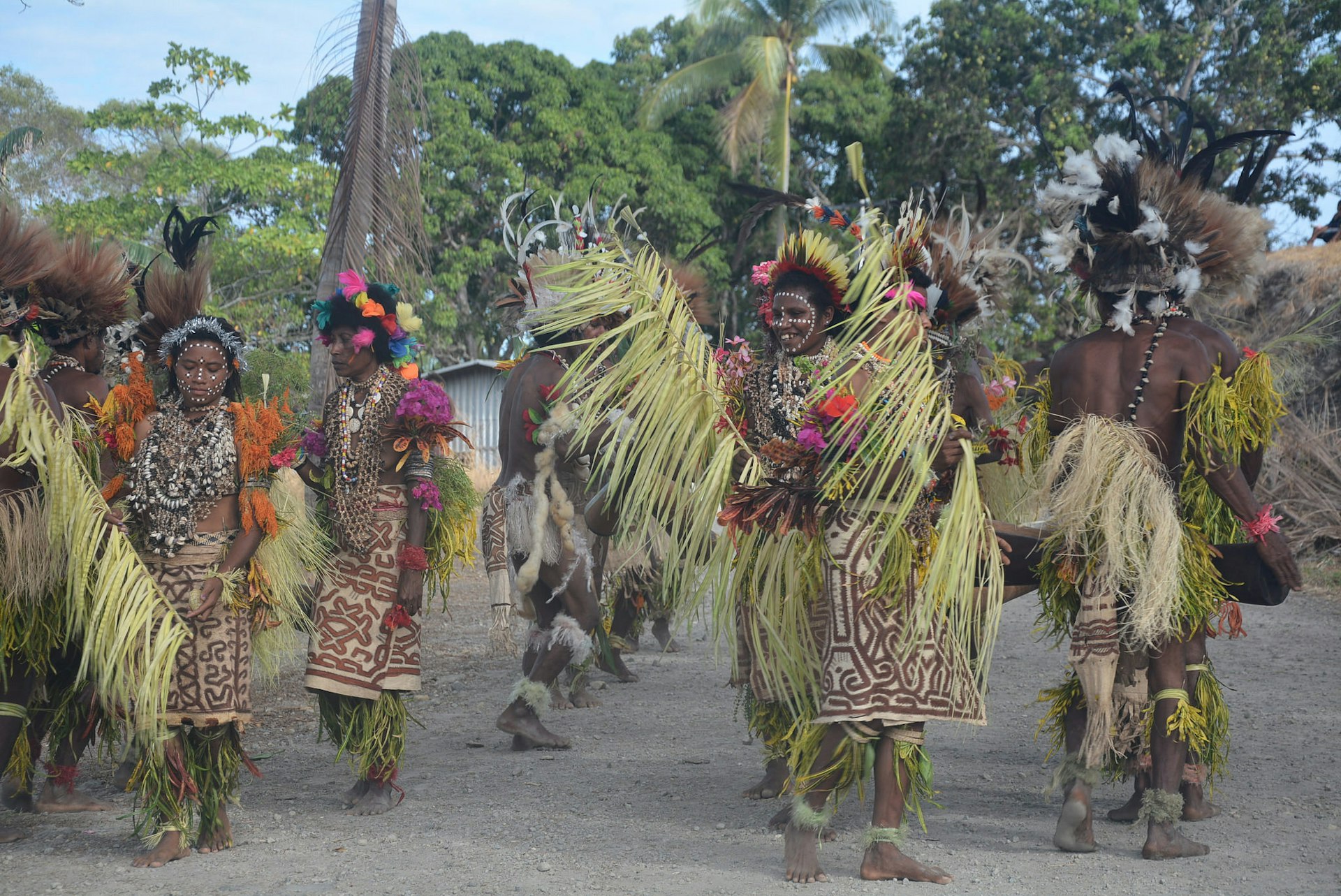
Think Papau New Guinea and the next thought may be that 'It’s too difficult to get to!', or 'It’s totally off the grid', or maybe 'You’ll be robbed the moment you set foot in Port Moresby'.
Yes, Papua New Guinea’s reputation precedes it and yes safety is a legitimate concern when travelling anywhere. In PNG inter-tribal skirmishes do occur in some parts of the country, but foreign visitors are not the target and being the victim of opportunistic crime in towns, and elsewhere, can be avoided by taking sensible precautions, and following local advice.
PNG may sound like one of the world’s more remote destinations, but did you know it is easily reachable via a short flight from Cairns or Brisbane in Australia – as well as from the likes of Hong Kong, Singapore and Tokyo? Plus, most travellers (apart from Australians!) can get a free visa on arrival at Port Moresby.
Planning a trip to PNG does require some effort, and travelling to more remote parts of the country often requires forfeiting creature comforts. The tradeoff? You get to spend time with some of the warmest and most hospitable people you’ll ever meet, and explore a fascinating, diverse country untouched by mass tourism.
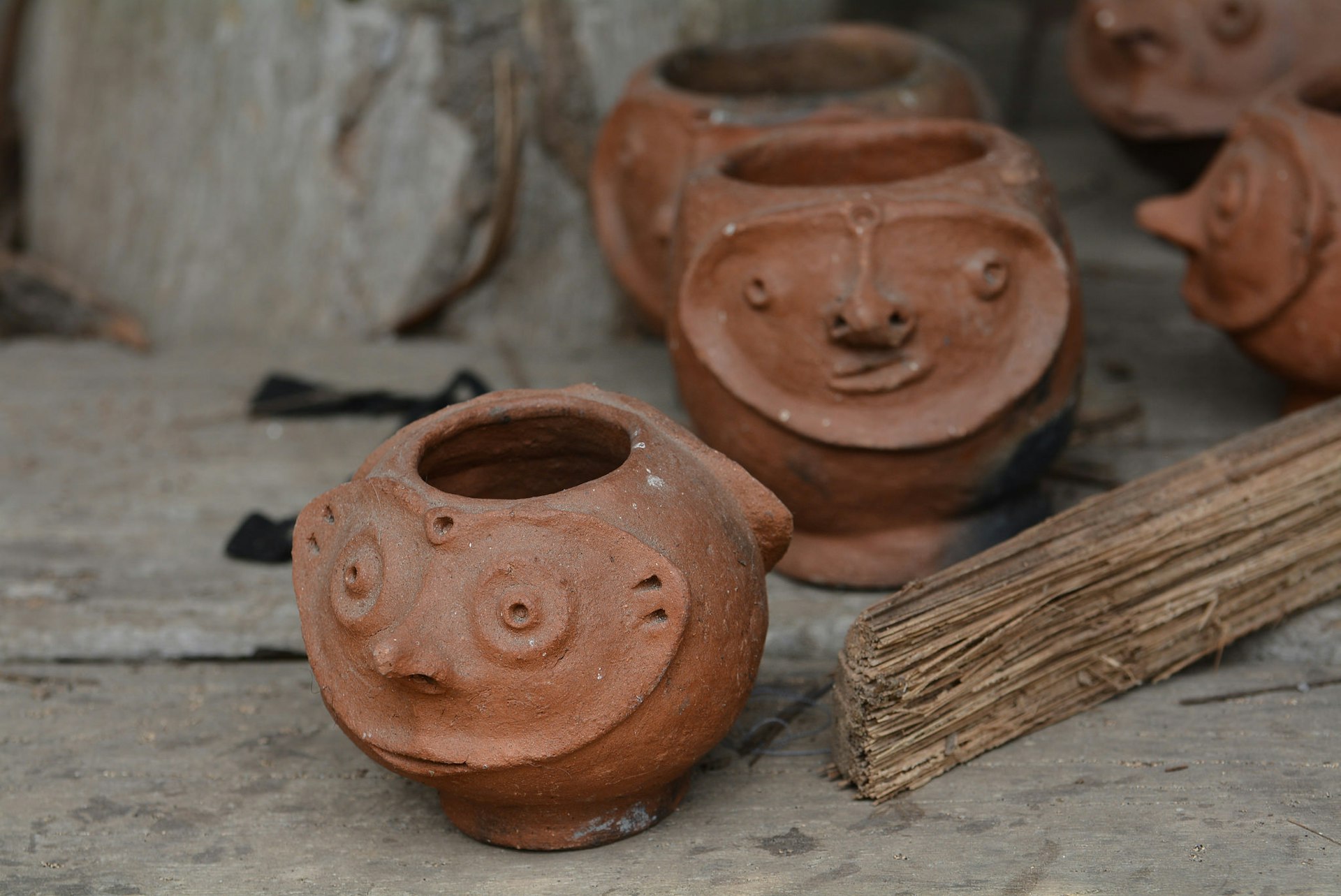
Organised tours
Organising a PNG trip yourself can be a time-consuming challenge for first-timers. If you have a specialised interest, letting an experienced international tour operator take care of everything is the easiest way to make this trip happen, and make the most of your time on the ground.
Intrepid Travel (intrepidtravel.com) is a good all-rounder, Battle Tours (battletours.com.au) tailors trips to those with a particular interest in military history, Trans Niugini Tours (pngtours.com) offers high-end cultural and birding excursions along the Sepik, in the Highlands and the Western Province, while Solomon Islands Dive Expeditions (solomondiving.com) arranges live-aboard boat trips for serious divers.
View from a flight over a valley in the Highlands region © Matt Munro / Lonely Planet
Local tours
Alternatively, you can book your own travel and then make arrangements for a trek, river expedition, or birding excursion with a local operator or guide. Forums such as Lonely Planet’s Thorn Tree, guidebook recommendations and recommendations from expats and fellow travellers are good places to start. Even independent one-man operations usually have contact numbers and email addresses (you’ll find these in the Lonely Planet guidebook!).
Before booking a tour, establish the exact itinerary and what the contingency plan is in case the itinerary changes during the trip.
Ask what is covered by the fee – accommodation, transport, guide, entrance fees, etc – and what isn’t (this is particularly important if making a booking with local operators/guides).

Culture shock
It is true that in PNG infrastructure is basic. Outside the main towns, there are just a few (poorly maintained) roads, which makes internal flights almost inevitable. These are weather-dependent, so delays and cancellations are not uncommon. Some birding and diving lodges are only reached by charter flights. Terrestrial public transport consists of 'PMVs' (trucks with seats or battered minibuses), with a greater emphasis on utility than on comfort or style, while the coastal waters are plied by a myriad cargo boats and market-bound 'dinghies' – great for connecting with locals but less great in terms of public safety.
Almost half of the country lives without electricity and running water, so expect basic conditions if travelling to PNG’s more remote regions. While Digicel mobile phone reception is now common across the country, PNG is not a wired country and wifi is an expensive rarity.
You'll need to get organised and plan ahead to be able to pay your way in PNG. In bigger towns you’ll find ATMs, and cards are accepted by top hotels, but otherwise in PNG cash is king. As for communicating, Tok Pisin (English-based pidgin) is PNG’s most commonly used language, but English is also very widely spoken and then there's the universal language of miming things out.

Jungle huts v. hotels
Lodgings in urban PNG consist of modern (and overpriced) hotels or relatively inexpensive church-run guesthouses where you’re likely to meet God-fearing folk who abide by the no drinking, smoking or swearing rules.
In remote parts of the highlands and islands, accommodation tends to consist of upmarket birding and diving lodges and very basic village guesthouses – the former terrific for specialised activities and the latter a boon when it comes to experiencing local culture.

Vegetarians welcome
Varied cuisine may not be PNG’s forté, but since many locals subsist on staples such as yam, sweet potato, taro and rice, vegetarians and vegans needn’t worry about finding sustenance. Fresh fish and excellent seafood is found along the coast but tinpis (tinned fish), spam, bully beef and 2-minute noodles is typical expedition fare. In Moresby, you can expect more variety, and some high-quality meals at a few of the more gourmet restaurants.
Top 5 tips to see PNG independently
- If you have your heart set on an expedition of attending a particular cultural event such as the Goroko Show, make arrangements months in advance.
- Book Air Niugini (airniugini.com.pg) and PNG Air (pngair.com.pg) flights online in advance for cheapest fares, since internal flights take a major chunk out of your travel budget. Some hotels and guesthouses are also bookable via website or email – you can even find Airbnb homestays in some remote villages!
- Pick one or two regions to explore, rather than spread yourself too thin and give yourself plenty of time to account for potential travel delays.
- Travel light: baggage allowance on internal flights is 10-16kg.
- You can buy most supplies in Moresby, but it’s worth bringing a good mosquito net, torch, waterproof bag, sturdy footwear, and powerful insect repellent from home.
